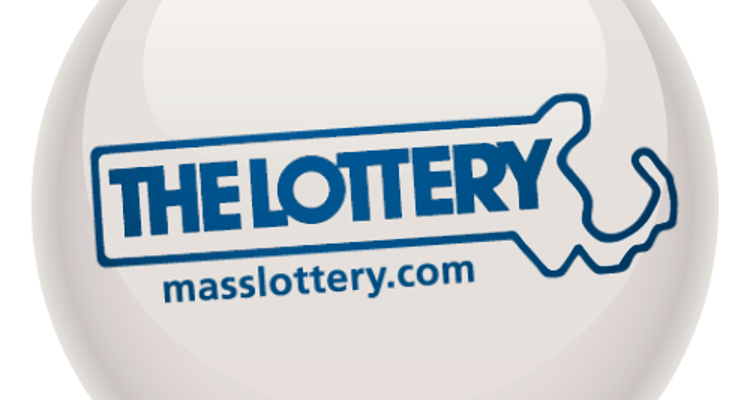In Massachusetts, a senior government official has announced that she intends to file and champion legislation that would allow the eastern state’s lottery to offer its products online and via smartphone apps.
According to a report from the Boston Herald newspaper, Deborah Goldberg, the Treasurer And Receiver-General for Massachusetts, revealed her plan at a Wednesday breakfast hosted by the Greater Boston Chamber Of Commerce while stating that her bill could be filed as early as November 2, which would be about a month before she would be required to forecast the future profits of the Massachusetts Lottery for the state’s budget writers.
“Our lottery is the most successful in the country and the only source of unrestricted local aid to all 351 cities and towns in our state and I’d like to keep it that way,” Goldberg told those assembled inside the Omni Parker House Hotel. “As a former local elected official, I know first-hand that unrestricted local aid is critical. It can help pay the salary of a classroom aide, provide emergency overtime for public works employees who snow-plow streets all night only to collect garbage the next morning and it delivers countless other services that communities need.”
July saw the Massachusetts Lottery announce that it expects to return $986.9 million in net profits to the state for 2016, which is to be delivered to cities and towns as local aid. Although this sum would represent the largest in the lottery’s history, it would also be only $1 million more than for the previous year with Goldberg, who is a former Chairperson for the Brookline Board Of Selectmen, declaring that $27 million of these gains came courtesy of January’s world-record $1.5 billion Powerball jackpot.
“Without that, I might be reporting a lottery downturn,” said Goldberg.
The Boston Herald reported that the Massachusetts Lottery has also begun to see a decline in the sale of scratchcard tickets, which is particularly concerning due to the fact that these usually account for some 70% of its total sales.
Goldberg has reportedly repeatedly stated that she would like to make Massachusetts Lottery products available online while minimizing any damage to retail partners and used Wednesday’s meeting to directly counter past criticism that such a move would be harmful to gambling addicts while rendering age restrictions moot.
“Interestingly enough, industry experts have stated that moving the lottery online will allow us to better monitor players who have a gambling problem,” Goldberg told the Boston meeting. “It can set spending limits, track who plays and how often and permit self-exclusion. Those capabilities are simply not available currently.”
The newspaper cited information obtained from the Council Of State Governments that at least four other states in Kentucky, Illinois, Georgia and Michigan had already authorized their lotteries to sell at least some products via the Internet. In addition, 2014 saw the Minnesota State Lottery begin offering scratchcard tickets online and at gas station pumps without the consent of the state legislature, which subsequently forced lawmakers to pass a law banning the practice.
The Massachusetts Lottery Commission has also been studying some of the possibilities the Internet could hold after issuing a request for information in December that invited organizations to submit proposals for the development, implementation, support and maintenance of an online lottery system. This process garnered 20 responses and asked for suggestions for “the development and integration of digital versions of existing and new lottery games including but not limited to social gaming and daily fantasy sports options”.
Goldberg closed by telling those assembled that the state should moreover consider offering some type of daily fantasy sports game as this would attract a younger audience, particularly males aged 25 to 45, that favor playing on mobile devices and “who are not lottery players and who are extremely excited by sports-related fantasies”.



